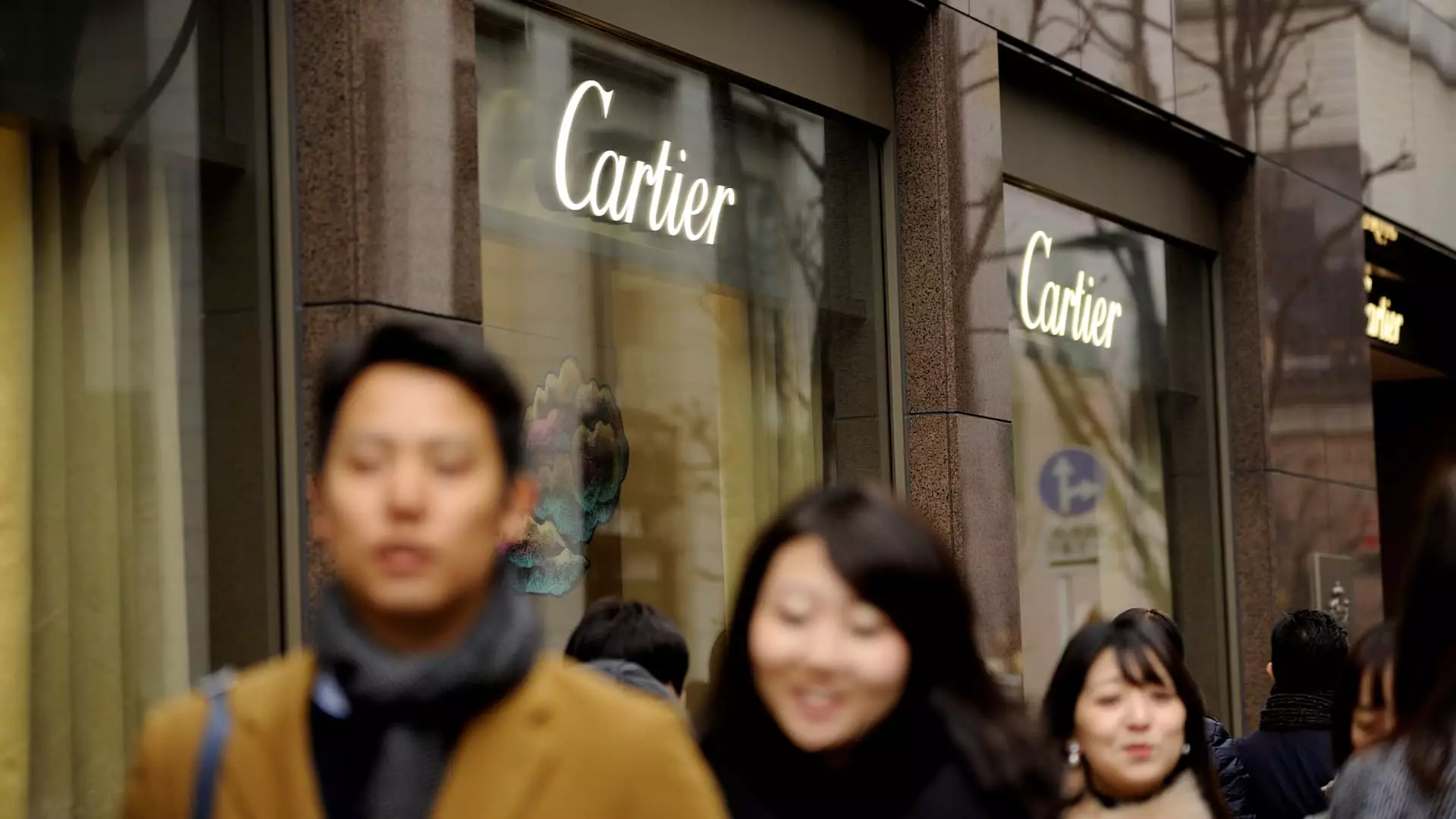For years, the luxury industry in Japan appeared virtually unstoppable, riding the waves of foreign tourism fueled by a weak yen and an influx of international shoppers. Until recently, companies like Richemont basked in the illusion of perpetual growth, especially during last year’s surge driven by currency-induced spending. Yet, beneath this surface-level prosperity lies a stark truth: the fairy tale is crumbling. The recent downturn in Japanese sales, reflecting a 15% decline compared to the previous year, signals a sobering reality—luxury markets are far more volatile and susceptible to economic shifts than many industry insiders care to admit. It was never a guarantee that the heavy reliance on tourist dollars and currency fluctuations would sustain long-term growth. The market’s overdependence on external factors obscures its fragility, exposing industry complacency amid a rapidly changing global landscape.
Currency Fluctuations: The Double-Edged Sword
The Japanese yen’s dramatic depreciation last year fueled an explosive luxury spending spree, transforming Japan into a goldmine for brands like Richemont. The weakening currency made Japanese goods more attractive to foreign visitors, especially wealthy Chinese shoppers escaping tighter controls back home. However, such a strategy was inherently unsustainable. The fold-back of the yen’s strength signals a dangerous game of currency roulette—one that can turn against luxury brands overnight. Richemont’s recent report highlights a sharp reversal, as the yen’s recovery has largely diminished the influx of international tourists. Relying on currency volatility as a growth engine is fundamentally flawed; it’s a fragile foundation for long-term stability. Investors might be tempted to celebrate modest gains amid these shifts, but the sobering truth is that market momentum built on currency manipulation is inherently unstable, vulnerable to swift reversals and economic headwinds.
The Illusion of Resilience Amid a Broader Decline
Despite these setbacks, Richemont’s performance suggests a complex landscape. While its overall revenues still grew modestly, it was predominantly driven by resilient high-end jewelry demand, not the declining watch or Chinese markets. This divergence underscores a deeper question: what is the true strength of the luxury segment? The industry’s reliance on affluent collectors’ unwavering desire for jewelry might appear promising on the surface, but it masks underlying vulnerabilities. Markets in China, Hong Kong, Macau, and Japan are showing clear signs of fatigue, and it would be naïve to ignore that these regions form the backbone of luxury consumption. The idea that luxury brands are invincible ignores the socio-economic forces at play—rising inequality, shifting consumer priorities, and geopolitical tensions are quietly eroding the foundation of luxury’s seemingly invincible growth.
Challenging the Illusion of Endurance
The industry’s arrogance in assuming that demand from the wealthy is limitless is fundamentally misplaced. Richemont’s slight growth amidst the broader downturn serves as a reminder: luxury is not immune to the realities of economic cycles and geopolitical shifts. Its success in jewelry sales, while notable, cannot mask the long-term risks associated with overdependence on tourism or a narrow geographical focus. The luxury sector must confront a sobering truth: the era of relentless expansion based on currency exploits and tourism sprees is ending. Moving forward, a more critical, sustainable approach is needed—one rooted in genuine consumer loyalty rather than fleeting currency advantages. Only then can the industry hope to find resilience that isn’t so easily shattered by macroeconomic changes or geopolitical uncertainties.

